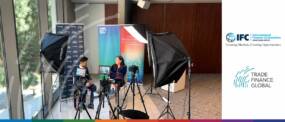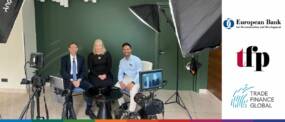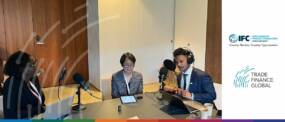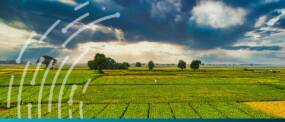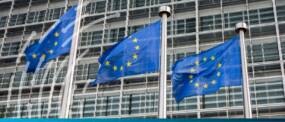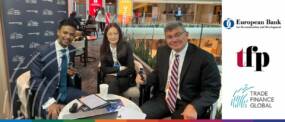
Importing from Netherlands
Netherlands Import Guide | Trade Finance Global
Importing from the Netherlands
The Netherlands stands as the eighth largest export economy in the world and the twentieth most complex economy as ranked by the Economic Complexity Index (ECI).
In addition, the Netherlands is home to the Port of Rotterdam, the largest seaport by container activity outside of East Asia and Amsterdam Schiphol Airport, the fourth largest airport for cargo in Europe.
Lying within 500km of one third of the European Union (EU) population, its advanced transportation infrastructure has contributed to the relatively small nation’s position as 17th largest global economy, with a GDP per capita of $59,300.
In recent years, the Netherlands exported around $535B yearly and imported around $540B, resulting in a small negative trade balance.
In 2013 the GDP of the Netherlands was around $850B and its GDP per capita was around $46k.
The main export destinations are Germany (around $115B), Belgium-Luxembourg ($90B), the United Kingdom ($52B), France ($33B) and Italy ($26B).
The largest exports of the Netherlands are refined petroleum (at around $76B), petroleum gas ($25B), crude petroleum ($26B), computers ($16B) and packaged medicaments ($12B).
Netherlands Country Profile
| Official Name (Local Language) | Koninkrijk der Nederlanden | Capital | Amsterdam | Population | 17,016,967 | Currency | Euro | GDP | $773.9 billion | Languages | Dutch, Eastern Frisian | Telephone Dial In | 31 |
Netherlands Exports Profile
Exports ($m USD)
505,941
Number of Export Products
4,461
Number of Export Partners
232
Top 5 export partners
Country
Trade
% Partner Share
Germany
110,857
21.91
Belgium
51,884
10.25
United Kingdom
43,411
8.58
France
40,625
8.03
United States
22,037
4.36
Top 5 Export Products at HS 6 digit level
Export Product
Number
Petroleum oils, etc, (excl. crude); preparation
8.7%
Parts and accessories of automatic data process
3.5%
Transmission apparatus, for radioteleph incorpo
3.3%
Other medicaments of mixed or unmixed products,
2.8%
Human and animal blood; microbial cultures; tox
1.9%
Chart Showing GDP Growth Compared to rest of world
GDP Composition for Netherlands
Agriculture
%
Product List
1.6%
Vegetables, ornamentals, dairy, poultry and livestock products; propagation materials
Industry
%
Industry List
17.8%
Agroindustries, metal and engineering products, electrical machinery and equipment, chemicals, petroleum, construction, microelectronics, fishing
Services
%
Services List
70.4%
Importing from Netherlands: What is trade finance?
It is estimated that the value of exports is over 80% of the Netherlands’ GDP a year.
Dutch exports are dominated by a few key categories: machinery and transport equipment (28%), mineral fuels (23%), food (11%), clothing and footwear (10%), and pharmaceuticals (5%)
In order to capitalise and tap into these markets trade finance may be required.
Trade finance is a revolving facility which lenders offer. Through this process firms are able to buy stock and can help ease the pressure from cash flow challenges.
A trade finance facility could additionally help fund the importing of goods through offering a letter of credit or some form of cash advance.
If a business is looking to import inventory from other countries it may require import finance, which is an agreement between the importer and the foreign exporter.
Information
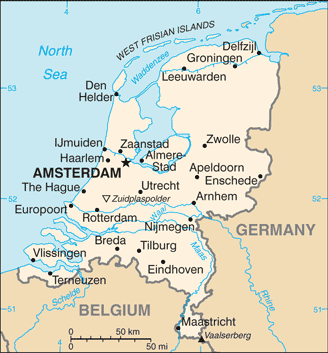
Importing from Netherlands? Contact our local experts

Netherlands Economic Statistics
Government Website
https://www.overheid.nl/
Sovereign Ratings
https://countryeconomy.com/ratings/netherlands
Central Bank
De Nederlandsche Bank
Currency USD Exchange Rate
0.9214
Unemployment Rate
6%
Population below poverty line
8.8%
Inflation Rate
0.3%
Prime Lending Rate
0%
GDP
$773.9 billion
GDP Pro Capita (PPP)
$50,800
Currency Name
Euro
Currency Code
EUR
World Bank Classification
High Income
Competitive Industrial Performance
4/138
Corruption Perceptions Index
8/180
Ease of Doing Business
36/190
Enabling Trade Index
2/136
Currency in Netherlands
About the Author
Natasha Roston is Head of People and Growth at Trade Finance Global (TFG).
She builds partnerships to create innovative trade finance education projects and experiences. A key advocate for TFG’s annual Women In Trade campaigns, Natasha wrote a piece on the impact of gender stereotypes for gender equality in the workplace in 2022. Natasha is also responsible for TFG careers, culture, and team growth. A Level 2 Qualified Coach and Mental Health First Aid Champion, she leads internal training, supporting the holistic wellbeing of the team.
Before joining TFG Natasha worked in education for over a decade. Initially as a classroom teacher, and then in academic and pastoral leadership roles. Following this, she worked in EdTech as a Learning Design Coach for Aula’s Higher Education platform.
Natasha holds an MA from Tel Aviv University, a History PGCE from The Institute of Education and a BA from the University of Nottingham. Currently, she is studying for her Level 3 Certificate in International Trade from the Institute of Export & International Trade. In addition to her work at TFG, Natasha volunteers for the Young Women’s Trust as a Work It Out – CV Volunteer.
Careers | Terms of Business | Get in Touch | Partners
Trade Finance Global is the trading name of TFG Finance Ltd (company number: 10305143) and TFG Publishing Ltd (12157036), incorporated in England and Wales, at 201 Haverstock Hill, Second Floor Fkgb, London, England, NW3 4QG. Trade Finance Global is registered as a Data Controller under the ICO: ZB421903 and ZB436621.
TFG Finance Ltd is an introducer, not a lender, working with Limited Companies and Incorporated Bodies who may pay us a commission.
© 2024 Trade Finance Global
 Australia
Australia Hong Kong
Hong Kong Japan
Japan Singapore
Singapore United Arab Emirates
United Arab Emirates United States
United States France
France Germany
Germany Ireland
Ireland Netherlands
Netherlands United Kingdom
United Kingdom
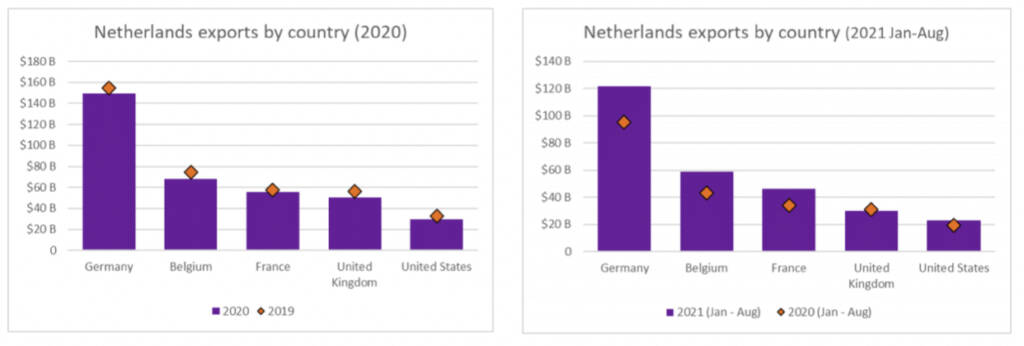
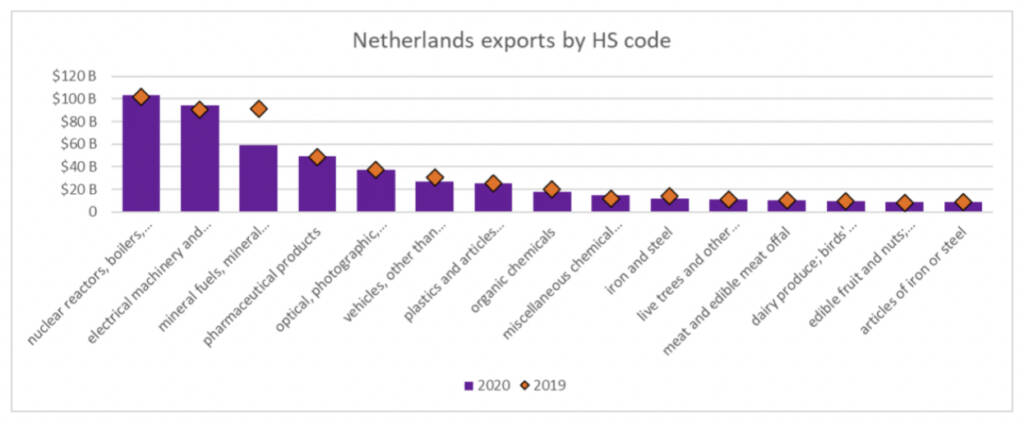
 British Pound Exchange Rate
British Pound Exchange Rate